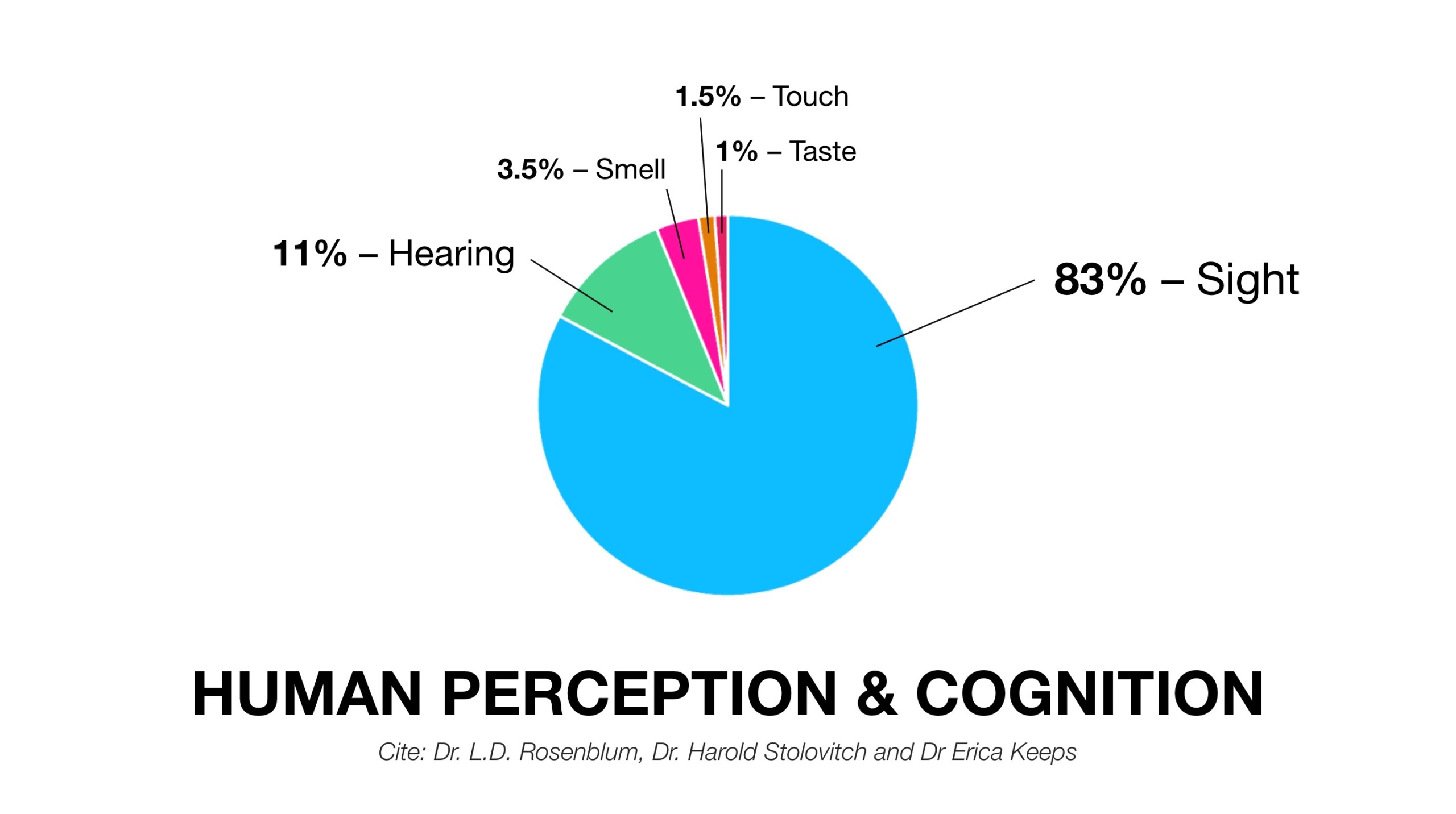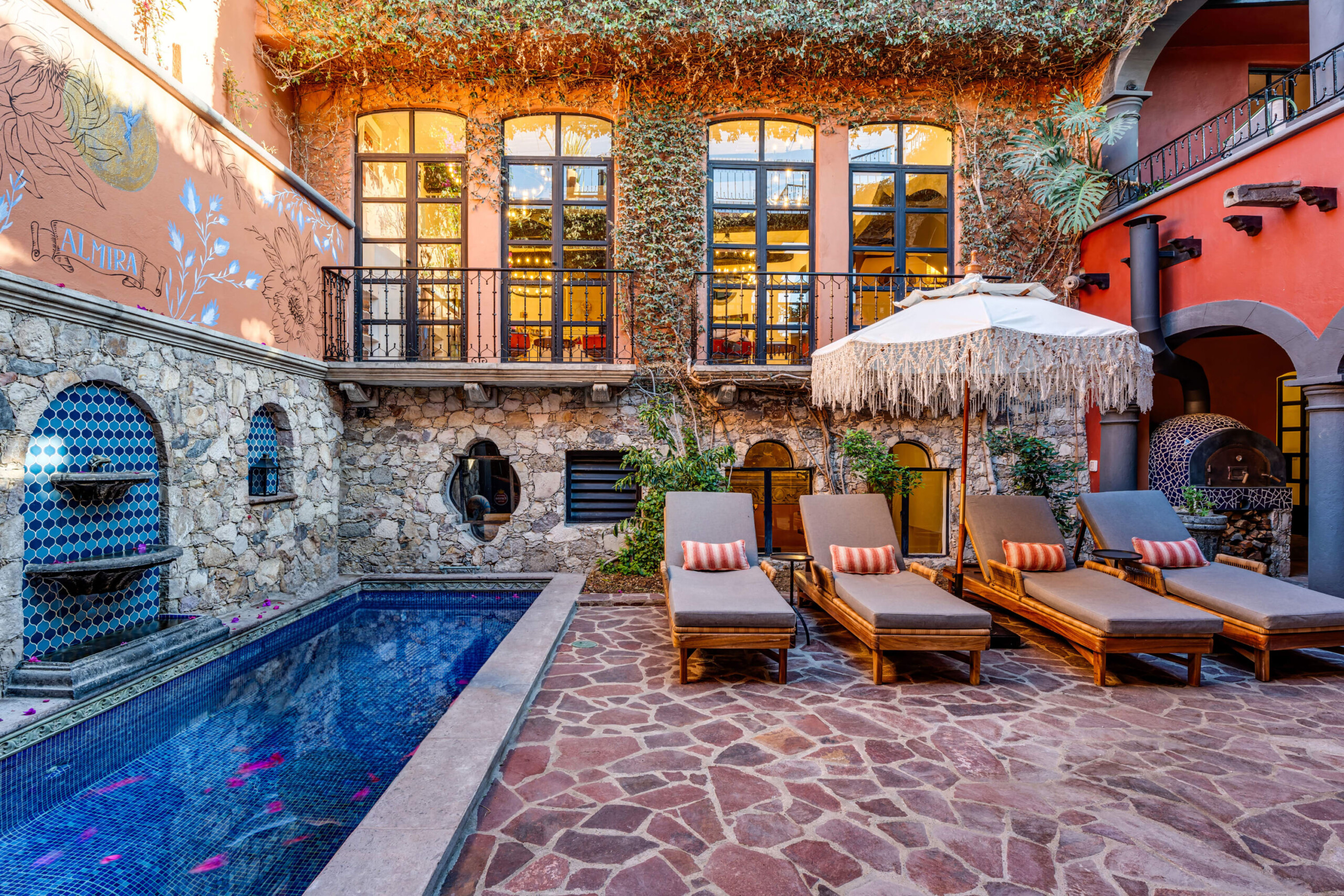Bringing Wine, Wellness, and Family Together
Over the last few months, I’ve been fortunate to have my mother visiting from Oregon. With both my brother Mahlon and I living in Texas, we naturally started discussing the idea of her moving closer. During her 8-week visit, we explored the Texas Hill Country and toured a variety of housing options—from 55+ communities to assisted living facilities—to better understand what might work in the future.
One of the stops on our journey was Woodland Cottages, a new independent living community in Fredericksburg. As we toured, the team learned about Coordinates Vineyards and asked if I would consider donating wine for their residents’ weekly social hour. While supplying wine to a self-serve machine didn’t quite align with our brand values, the visit sparked a more meaningful idea.
As I watched the strong sense of community they had cultivated, I asked myself: What if my mom already lived here? What experience would I want for her? What would I worry about?
This reflection led me to consider how wine tasting might support healthy aging—and the very real risks it can pose. On a recent family trip to San Miguel de Allende, Mexico, my mother suffered a serious fall on the cobblestone streets. Although she wasn’t drinking at the time, the incident reminded us how quickly accidents can happen, and how much longer recovery takes with osteoporosis. It also raised an important question: Can wine offer health benefits that outweigh its risks for older adults?
The answer isn’t simple. For decades, moderate red wine consumption was linked to heart health due to natural compounds like resveratrol, quercetin, polyphenols, hydroxytyrosol, and pterostilbene. These findings were rooted in studies of the Mediterranean Diet and the so-called French Paradox, which found that, despite consuming similar calories and carbohydrates to Americans, the French and Italians had lower rates of heart disease. In the late 1980s and 1990s, red wine was widely promoted as part of a healthy lifestyle.
However, recent public health guidance has become more cautious. The Surgeon General now states that no amount of alcohol is entirely without risk, replacing the previous daily limits of two glasses for men and one for women with an overall recommendation of abstinence. This stands in stark contrast to wine’s historical role as a vital part of survival: for thousands of years, Europeans diluted wine (often at a 1:3 ratio with water) to sanitize drinking water and prevent disease. Roman soldiers and even French schoolchildren were given small portions—not for intoxication, but for health and hygiene.
My mother, at age 75, has taken up learning Spanish on Duolingo, understanding that learning new skills keeps the brain sharp. Inspired by my visit to Woodland Cottages, I proposed a different kind of experience: a 90-minute seminar titled “Wine for Your Mind.” Around 25 residents joined us to explore three Coordinates wines while discussing how intentional wine tasting can stimulate brain activity and potentially help prevent memory decline. A subject dear to my heart, as my father spent his last years in a memory care unit. Wine tasting uniquely engages all five senses—something few activities do. Similarly, intentional wine tasting encourages focus and forms new neural pathways as we analyze aromas and flavors: fruits, spices, earth, minerals. When approached mindfully, it becomes an enriching cognitive exercise.
Of course, we also discussed the risks. Excessive alcohol consumption increases fall risk, but thoughtful, moderate tasting can offer surprising benefits for mental engagement.
Two powerful statistics stayed with me and reshaped my perspective on wine’s role in overall wellness as I researched for this event. First, the leading cause of hospitalization for older adults is not disease, but a lack of companionship. The loss of a spouse or close friend often leaves people attempting tasks alone—tasks that were once routine, like changing a light bulb or carrying groceries, but which now carry serious risk. Second, an estimated 25% of Americans regularly eat dinner alone. These aspects of modern life were never factored into studies of the Mediterranean lifestyle, where meals are traditionally communal and linger for hours.
Wine has always brought people together. It has served as a social bridge for millennia. Drinking a bottle alone may carry risks; sharing one with loved ones offers connection, warmth, and the vital human support network that we all need.
At Coordinates Vineyards, we are committed to exploring the evolving conversation around wine and wellness. For us, community is at the heart of everything we do. We strive to make Coordinates a place where friendships flourish, ideas are shared, and meaningful relationships are created. Again and again, we’ve watched this happen: wine may be the catalyst, but people are what make Coordinates truly special.
We invite you to be a part of it—as a Wine Club Member, a guest, a history enthusiast, or simply a wine lover. Whatever brings you here, we hope you’ll discover a community that inspires you, sharpens your mind, and surrounds you with people you’ll grow to love as much as we do.




